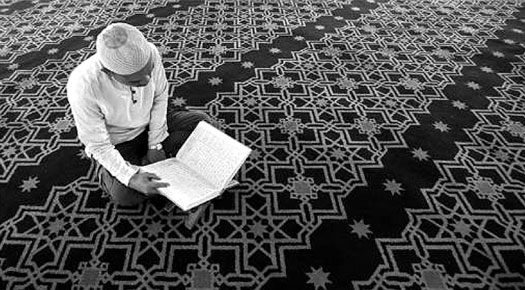
By passing a law to oversee how Islam is administered, Austria singled out its Muslim minority for treatment that is not applicable to any other religious group in the country. The Law on Islam, which was passed on February 25, prohibits foreign funding for Muslim organizations and demands any group representing Austrian Muslims to make use of standardized German translations of the Quran. The law faced little to no opposition from the country’s majority Roman Catholic population though Muslims accepted it only grudgingly.
“We want an Islam of the Austrian kind, and not one that is dominated by other countries,” said Sebastian Kurz, 28-year-old conservative foreign minister - formally the minister for foreign affairs and integration - who is easily Austria's most popular politician.
Austria’s half a million Muslims constitutes only six percent of the country’s total population. Most of these Muslims are former residents of Turkey, who migrated to Austria for work purposes – so much so that many of Austria’s imams are still selected and sponsored by the Diyanet, Turkey’s state religious affairs directorate. The head of the Diyanet, Mehmet Gormez, warned Austria that this legislation would ensure religious freedoms in Austria go back by at least a hundred years.
“Religion is not an issue of engineering. I would like to indicate that efforts by national leaders to create their own version of Islam are efforts in vain,” he said.
While Austria’s largest Islamic organization, IGGiO, accepted the legislation, its youth wing protested against its passage alongside Austria’s Turkish-Islamic Union, which looks over several mosques in the country, as they vowed to challenge the new law in the Constitutional Court.
According to Austrian lawmakers, the new law would empower Muslims by strengthening their legal status, assuring them Islamic pastoral care in the army as well as hospitals and protecting their rights to produce and eat their own food, as mandated under Islamic law.
Critics have said this new legislation is merely an updated version of the first Law on Islam that dates back to 1912, which was intended to secure the rights of Muslims in Bosnia and Herzegovina in the Austro Hungarian Empire.
Photo Credits: RT.com
